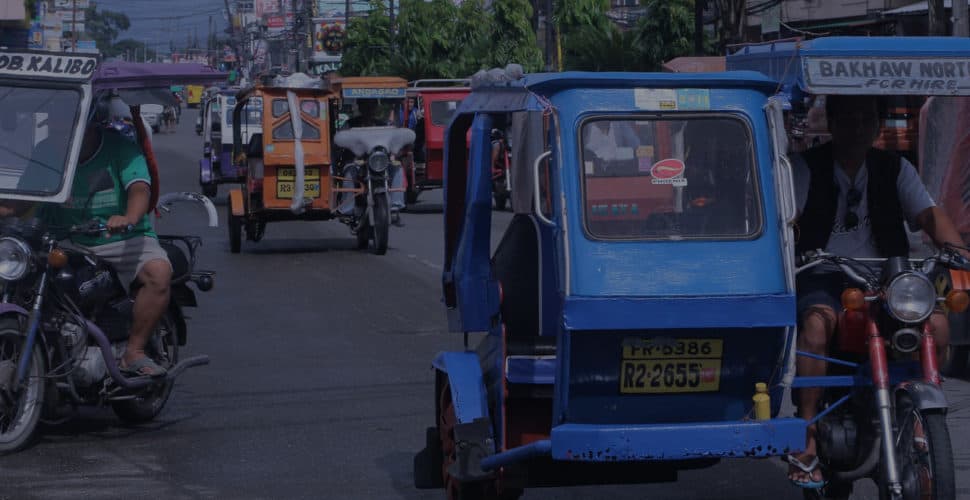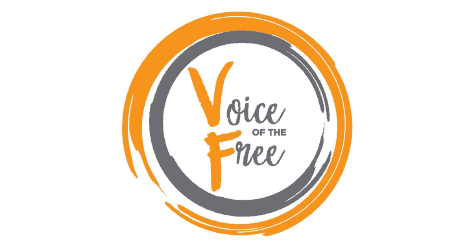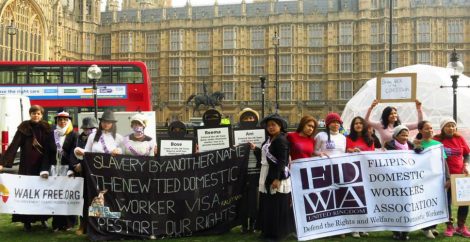Goal:
According to the 2014 edition of the Global Slavery Index (GSI), there are 2,178,100 people living in slavery in the Middle East and North Africa. The region is a destination for men and women from Asia and Sub-Saharan Africa who travel with the promise of well-paying job contracts. For a nation like the Philippines, with a high migration rate, such promises present a considerable risk. Filipino men and women, along with other nations of the Asia Pacific, are subject to forced labour, trafficking for sexual exploration and forced marriage in regions such as the Middle East (GSI, 2014). While the Philippines Government is ranked third in the region for its response to the risk of slavery, its citizens are all too readily exploited overseas. With a relatively undeveloped government response to modern slavery overall and vulnerability ranking of 61 (GSI, 2014), Kuwait represents a luring prospect for corrupt recruitment agencies based targeting vulnerable Filipino citizens.
Summary:
Working with local non-government organization, Visayan Forum Foundation (VFF), we launched a joint campaign in February 2014 targeting the Filipino government agency responsible for monitoring recruitment agencies. VFF is a well-known NGO who provides support services to victims of modern slavery. The organization is also known for its lobbying and advocacy work, campaigning for the protection of its nation’s people locally and abroad. The goal of the partnership was to address the problem of recruitment agencies who were sending Overseas Filipino Workers into conditions of modern slavery in Kuwait.
Our campaign asked the Philippine Overseas Employment Administration (POEA) and specifically its Administrator Hans Leo Cacdac to investigate agencies known by the Department of Justice to be operating in an exploitative manner. The target agencies were sending Filipinos to Kuwait. Nearly 7,000 community members around the world took action on the campaign, which was followed up with in-person meetings between Cadcac, our campaigners and VFF.
Outcome:
Cadcac shut down over 100 recruiters during the course of the campaign and during a meeting with our staff and VFF, acknowledged his awareness of the petition and the public support that existed for it. Cadcac noted that this support helped gain traction with the wider POEA to take action on the recruiters. As a result of the shutdown of these recruiters, it is estimated that thousands of Filipino citizens will be safer when seeking employment overseas, especially in the Middle East. POEA has since initiated a broader investigation of recruiters connected with other countries in the Middle East, which Cadcac has credited to the original campaign.
It appears that a local NGO working in partnership with a globally facing entity and presence, provided the combination required for Filipino policy makers to act on information they possessed. By elevating the issue beyond the borders of the Philippines, the POEA was compelled to act to protect its citizens. It could be argued that if either we or VFF attempted this campaign alone, its success would have been questionable. The partnership provided local context and knowledge and linked it to a global audience, providing the tipping point for action.





